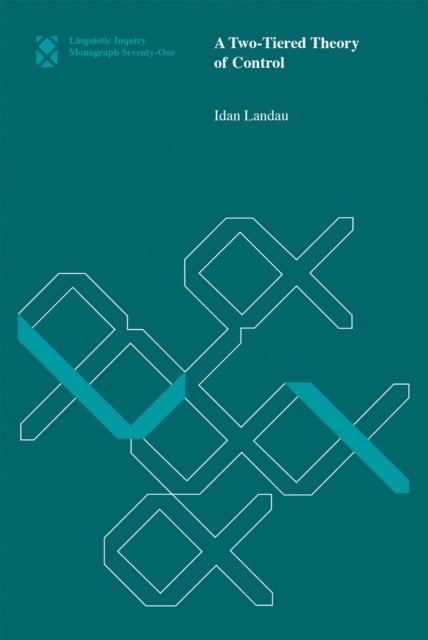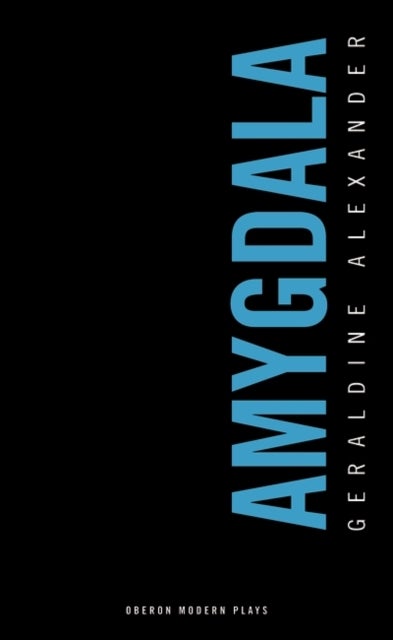
A Two-Tiered Theory of Control av Idan (Associate Professor Ben Gurion University) Landau
319,-
<b>A theory of control, equally grounded in syntax and semantics, that argues that obligatory control is achieved either through predication or through logophoric anchoring.</b><p>This book revives and reinterprets a persistent intuition running through much of the classical work: that the unitary appearance of Obligatory Control into complements conceals an underlying duality of structure and mechanism. Idan Landau argues that control complements divide into two types: In attitude contexts, control is established by logophoric anchoring, while non-attitude contexts it boils down to predication. The distinction is also syntactically represented: Logophoric complements are constructed as a second tier above predicative complements.</p><p>The theory derives the obligatory <i>de se</i> reading of PRO as a special kind of <i>de re</i> attitude without ascribing any inherent feature to PRO. At the same time, it provides a principled explanation, based on feature transmission, for the agreem








